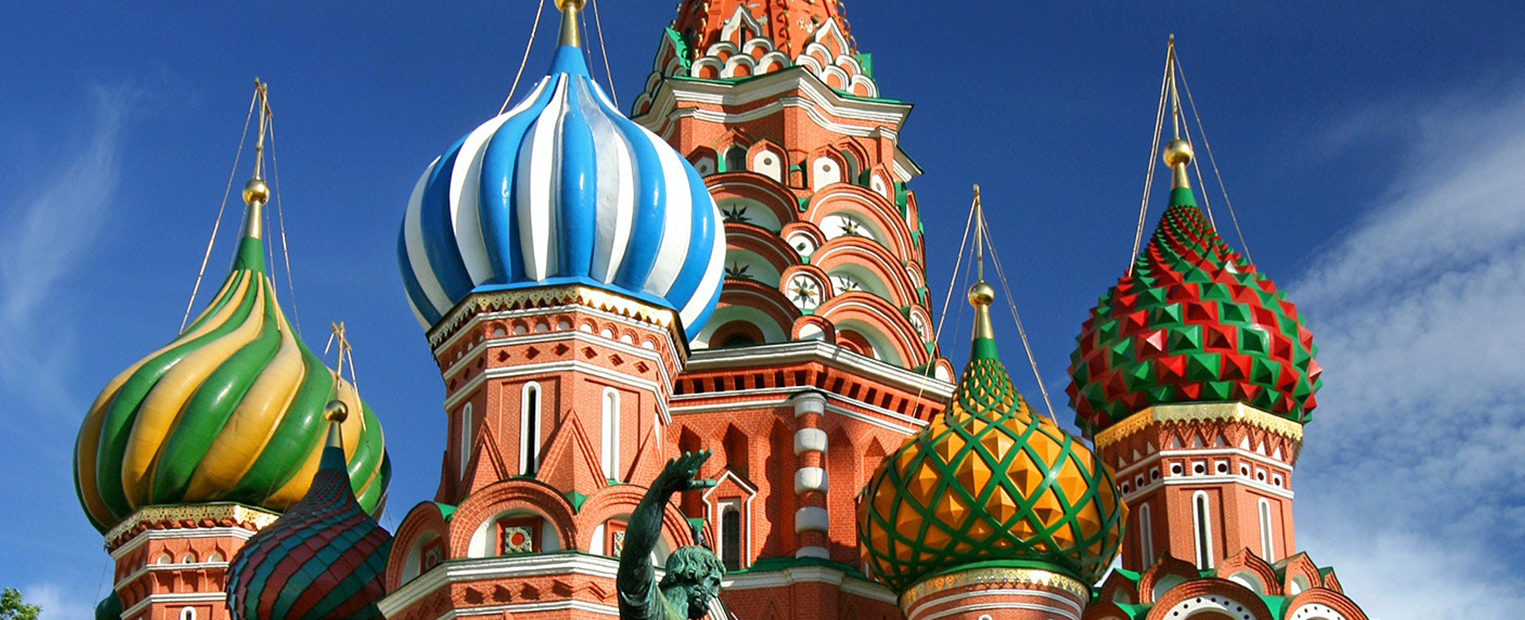Ralph Carter, Ph.D., on Vladimir Putin’s Desires on Ukraine, the American Response, and Unrest in Kazakhstan.
Recent unrest on the border between Ukraine and Russia captured headlines around the world and concern from Biden Administration and its North Atlantic Treaty Organization (NATO) allies. As American and Russian diplomats meet in Geneva, we spoke to Ralph Carter, Ph.D., Piper Professor and an expert on Russian foreign policy, for his take on this situation.
Q: Why does Russia care so much about Ukraine?
Dr. Carter: Vladimir Putin called the breakup of the Soviet Union the “greatest geopolitical catastrophe of the century." As the largest state inside Europe, Ukraine was a core component of the Soviet Union. It was the Soviet Union’s breadbasket and the site of much of the country’s industrial and military infrastructure. It’s not surprising that Putin wants it back.
In 2008, NATO members said Ukraine could be admitted to the alliance at some future point. That makes Ukraine a long-term threat to Russia since Putin sees NATO as an inherently anti-Russian alliance. In his view, he needs to cancel out that threat.
"NATO members cannot allow Russia or any nonmember to veto the alliance's actions, whether in Ukraine or elsewhere."
Q: Russia recently released a set of “demands” to NATO to “deescalate” the situation in Ukraine. Are these demands NATO and Ukraine are likely to accept, and if not, what is the purpose of making them public?
Dr. Carter: NATO members cannot allow Russia or any nonmember to veto the alliance’s actions, whether in Ukraine or elsewhere. Those demands are unacceptable but were made public for several reasons. Standing up to NATO is ‘good politics’ in Russia, and it helps protect Putin’s ‘strongman’ image at home. When those demands are not met, then Putin can claim he has no alternative but to protect Russia from the Ukraine/NATO/Western threat. How he does that is yet to be seen.
Q: How has President Biden handled the situation in your view, and how has it been different (or not) than how previous US Presidents have dealt with Putin?

Dr. Carter: He’s handling it well. Biden has told Putin that the US will not send its troops to Ukraine, which undercuts Putin’s claims to the contrary. Nonetheless, the US is willing to send weapons to Ukraine for its self-defense and presumably will share intelligence information about the Russian military threat with Ukraine. Finally, Biden has been very specific about sanctions the US has so far refused to take against Russia that he is willing to authorize. These might include sanctions against Russia’s energy sector – its major export – and against Putin personally as well as against his cronies and family members.
Q: What are Putin’s goals in taking such an aggressive stance on Ukraine?
Dr. Carter: Putin’s actions strengthen his image back home, and they distract many Russians from the other bad news in the country – a poor government response to the COVID epidemic, erratic economic growth due to the reliance on boom-and-bust energy exports, international criticism over the assassinations of his critics at home and abroad, and domestic criticism over the lack of free and fair elections.
Q: How does the situation and Kazakhstan complicate the situation over Ukraine between Russia and NATO?
Dr. Carter: The protests in Kazakhstan may push any provocative actions by Russia against Ukraine to the back burner, which is good news. The thing Putin fears most is color revolutions – mass movements of public opposition to the regime which are too great to ignore or defeat. Such revolutions brought down formerly Russia-friendly regimes in Czechoslovakia, Georgia, Ukraine, and Moldova. Russia must deal with the current threat of a potential color revolution in Kazakhstan – a key Russian ally and neighbor – before it can make any moves regarding the longer-term threat in Ukraine. That gives NATO and the US more time to help Ukraine defend itself.
